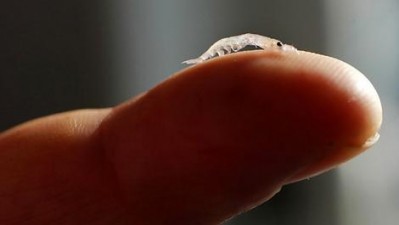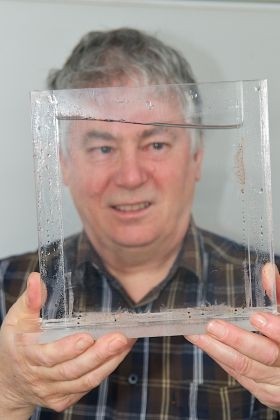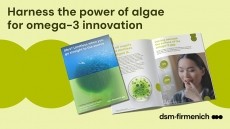Krill catch is “probably” sustainable: Antarctic researcher

Speaking at an omega-3 conference in Bruges, Belgium, last week, British Antarctic Survey’s Simeon Hill noted current yearly catches of 210,000 tonnes was 34 per cent of the trigger limit of 620,000 tonnes, a level established to minimise environmental risk, although Hill called for ongoing spatial, population, environmental and harvesting research.
But data to hand indicated that current activity was “probably sustainable”.
In particular, he said more research was needed into where krill populations are fished, as those in coastal areas may have greater influence on air-breathing predators such as penguins and seals than, for example, populations of fish and whales further out to sea.
The 620,000 tonne trigger figure itself represents 9.3 per cent of a precautionary catch level of 5.61 million tonnes, which projections indicate would affect the species ability to reproduce.
The total omega-3 rich krill biomass is estimated at 60.3 million tonnes.
“Like counting trees except they are invisible and keep moving”
But he cautioned that all sustainability efforts required compromise and did not rule out potential risk to krill populations and those that feed on them such as fish, penguins, seals, whales and albatross.
He noted that sustainability efforts were hampered because of the difficulty in determining the size of marine populations which could be, as the marine biologist, John Shepherd, had put it, “like counting trees except they are invisible and keep moving”.
The Antarctic krill fishery is managed by CCAMLR (Commission for the Conservation of Antarctic Marine Living Resources) and industry players like Aker Biomarine have been involved in ongoing research efforts by allowing CCAMLR researchers to use its craft.
Ecosystem approach
Hill said changes in the environment are affecting the krill population, effects that he said were factored into an “ecosystem approach”.
"Industry and NGOs need to support the full implementation of the ecosystem approach which recognises the ecological role of krill, identifies sensible trade-offs between objectives and takes a precautionary approach to managing risks," he said.
“Sustainability is about managing and limiting these risks. Expansion beyond the ‘trigger level’ requires better data, science and cooperation.”















